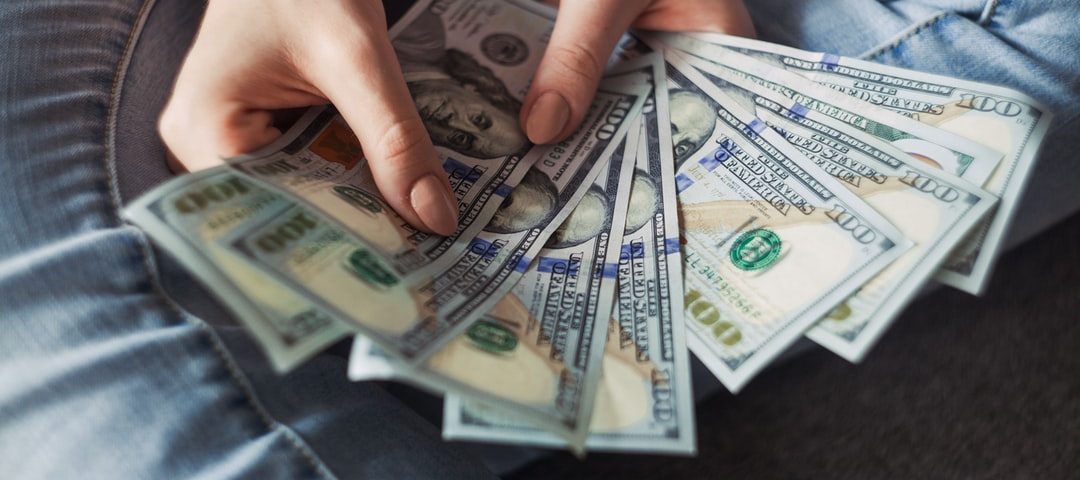Should You Take Out a Personal Loan for Bills?

How to Get a Loan for Medical Expenses
November 23, 2022
Understanding Interest Rates: How APR Works
November 25, 2022On average, people in the United States pay around $2,060 per year in bills and utilities. Bills can often be hard to deal with, especially for those who don’t have large incomes. If you find that you are having a hard time dealing with your bills, you might be wondering what you should do.
Taking out a loan for bills might be the answer. But what should you know about getting a personal loan and using it for your bills? How will it affect your credit score and how much can it help you?
Keep reading and learn more about it here.
Is Taking Out a Loan for Bills a Good Idea?
Taking out a personal loan and using it for paying bills can be a good idea, but you will need to take into account a few important factors. First of all, you need to qualify for a personal loan. If your credit score is very low, most personal lenders likely won’t be interested in providing you with a loan.
This is because having a low credit score shows that you may not be very financially responsible. So, most lenders would not be interested in lending you any money as they believe that you might not be able to pay it back. If this is the case, then it may not be a good idea to take out a loan for your bills.
While the loan might be able to help you with your bills temporarily, you will still need to pay off the loan at some point. If you are not able to pay off the loan on time, you could end up in even more financial trouble than before. But if you have an average or even good credit score, it should be relatively easy for you to get a personal loan.
The Details
Most lenders shouldn’t have a problem lending to you as long as the loan isn’t particularly large. But does this mean that those with low credit scores are unable to get loans at all? Not necessarily.
While ordinary personal lenders might not be able to help you, there are some lenders that specialize in helping those with low credit scores. These lenders will be far more likely to offer you loans. However, you’ll have to be careful because these loans often come with high interest rates.
Sometimes, the interest rates may be as much as 20% or even 30%. These interest rates may not be a problem for you as long as you pay the loan on time. But if you continuously are late when making payments, you could end up in a lot of financial trouble.
Not only will you have to pay the outrageous interest rates but you will still have to pay off the loan itself as well. For that reason, you should only ever take out a loan for your bills if you know you can pay it off on time. If not, you could end up in more financial trouble than before.
What Else Should You Consider?
If you’re behind on bills, getting a personal loan may seem like the only option. Indeed, a personal loan can help quite a lot and can help you catch up on your bills or even get ahead. But keep in mind that a personal loan alone won’t be able to solve all of your problems.
After all, you will only be able to get a loan that is so large. Eventually, the money will run out and you will have to pay it back. If you don’t plan ahead, you may find that you don’t have enough money to pay off the loan in time.
To avoid this problem, you should consider the ways in which you can save up or put aside some money so that you can pay off the loan on time. Keep in mind that if you don’t pay off the loan on time, this will negatively affect your credit score. The lower your credit score is, the harder it will be to get more loans in the future as well as mortgages, credit cards, and so on.
What You Need to Know
Living on a budget is a good way to make sure you can cover your bills as well as the payments on your personal loan. The last thing you should do is use a personal loan to pay for things that are unnecessary or unrelated to your bills. While this doesn’t happen often, it does occur on occasion and it can leave a person in a lot of financial trouble.
Living on a budget will allow you to direct more of your money toward the bills and other payments you need to deal with. That way, you should finally start to get on top of your finances. This may be difficult at first, but with enough persistence and patience, you should get the hang of it.
Once you pay off your personal loan, not only should you have a better grasp on your bills but your credit score should improve as well.
Taking Out a Loan for Bills
Taking out a loan for bills can be a great idea, but only if you do it right. If you decide to get a personal loan to help pay off your bills, you should make sure that you pay off the loan on time. That way, you won’t have to deal with the consequences of late payments such as interest rates and a lowering credit score.
To learn more about getting a personal loan, click here.

